A pinch of black pepper is added to almost every recipe. Once used as a currency of exchange and given to the gods as a sacred gift, it is fortunate that this most famous spice is available year-round in stores.
Black pepper comes from a smooth creeping plant that thrives in hot and humid climates. After 3-4 years it begins to produce small white grape-like flowers and turns them into grains known as peppercorns.
Black pepper comes from the fruit of a plant called Piper nigrum, from which both green and white pepper are derived. The difference in their color is a reflection of the different stages of development and processing methods.
Black pepper is picked when the beans are half ripe, just before they turn red. They are then allowed to dry out, which wrinkles their skin and turns them black. Green pepper is harvested when the beans are still unripe and green in color, and white pepper when fully ripe. Its white color comes from soaking it in a salt solution, where the dark outer shell falls off, leaving only the white peppercorn.
The pink pepper comes from a completely different plant - Schinus molle - and apart from the similarity in appearance, it has nothing in common with the other types of pepper.
Black pepper is the hottest and most aromatic of the other varieties and can be purchased whole, crushed or grinded into a powder.
Native to India, black pepper has played a very important role in our history for thousands of years. Since the time of Ancient Greece, it has been deeply valued not only as a spice, but also as currency and a sacred gift to the gods, and in the Middle Ages people's well-being was measured by their stock of peppercorns.
Today, the main commercial producers of black pepper are India and Indonesia.
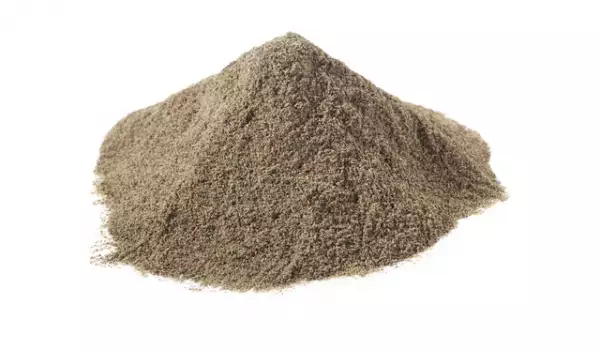
Composition of black pepper
Black pepper contains a certain amount of essential oil, which determines its characteristic aroma. Its peppery taste is due to the alkaloid turpentine. It also contains terpenes, fats, carbohydrates, aromatic, dye and tanning substances, vitamin C, resins and others.
Choosing and storing black pepper
- It is preferable to buy peppercorns, which you then grind yourself, since very often there are various impurities added to the grinds.
- If you can, choose organically grown pepper, as it will not have reduced vitamin C content.
- Store black pepper in a tightly closed glass container in a cool, dark, dry place. Otherwise, it will lose some of its properties and its pleasant steamy aroma.
- Peppercorns can be stored for a longer time, while grinded will keep fresh for about three months.
- Black pepper can also be frozen, but its taste and aroma will be much more distinct and sharp.
Cooking with black pepper
Along with salt, black pepper is one of the most versatile spices. It is used in all spicy dishes, it is used both grinded and whole. It is used to season meat, milk, seafood, eggs, vegetables, yogurt, legumes, beverages and even fruit. It is best to grind it immediately before seasoning the dish.
Add your freshly ground pepper at the end of cooking. Since it loses its aroma and taste when heated for a longer period of time, always add it at the end of cooking, which will ensure a truly superb dish.
Black pepper is extremely important in the cuisines of China, USA, England, Greece, some parts of Asia, France and Italy. In terms of cooking options, it is again very versatile. It is suitable for baking, frying, stewing, steaming the dish. However, it is best suited for baking.
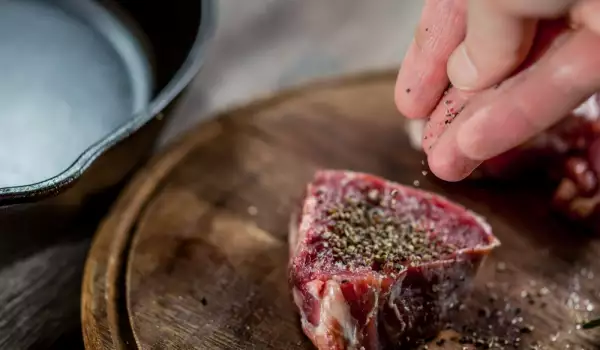
Black pepper is a very important ingredient in many of the curry mixes /masalas/ that are consumed around the world, but are characteristic of South Asian and Indian cuisine. In addition to curry mixes, black pepper finds its place in other dishes of world cuisine - in marinades, for poultry, in pumpkin pie sauce, as a spice for smoked sausage, in the oriental five-spice mixture and many others.
Benefits of black pepper
Improves the digestive process and processes of the intestinal tract.
Black pepper stimulates the taste centers in such a way that a signal is sent to the stomach to increase the secretion of hydrochloric acid, which improves digestion. In addition, this spice has diaphoretic (increases the secretion of sweat) and diuretic (increases urination) properties.
Black pepper has demonstrated impressive antioxidant and antibacterial effects - another great benefit for your health. So this spice not only helps you get the most out of your food, but the outer layer of its grains stimulate the broken down burning fat cells, keeping you lean while providing you with energy to burn.
The reason it is so invaluable lies not only in the aroma and spicy taste of black pepper, but also in the fact that it can mask the not-so-fresh appearance of the food being served (something extremely useful before the appearance of the fridge and freezer).
An important benefit of consuming black pepper is its ability to slow down the aging of the brain. According to some studies, the spice successfully fights Alzheimer's disease.
Black pepper or essential oil from it is believed to help smokers in their fight to quit smoking. This is explained by the slightly burning effect that occurs after the consumption of pepper - it slightly resembles the feeling after smoking and reduces the desire for a cigarette. Of course, such an effect is slightly controversial, because it is not possible to eat pepper several times a day.
Consumption of black pepper helps with muscle pain and relieves muscle tension. Applying pepper oil to problem areas on the body can significantly help relieve pain. This is due to the beneficial warming effect of piperine, which activates blood circulation.
Black pepper is among the most useful winter spices. It is an excellent warming remedy and actively fights colds. It reduces mucus production in the nose and relieves unpleasant coughs.
In traditional Chinese medicine pepper tea with honey is used to treat mild colds.
Black pepper stimulates digestion and helps with unpleasant conditions such as bloating, heartburn and gas. It acts against the processes of longer residence of food in the gastrointestinal system - the main cause of flatulence. If you suffer from such ailments, you must start seasoning your food with black pepper.
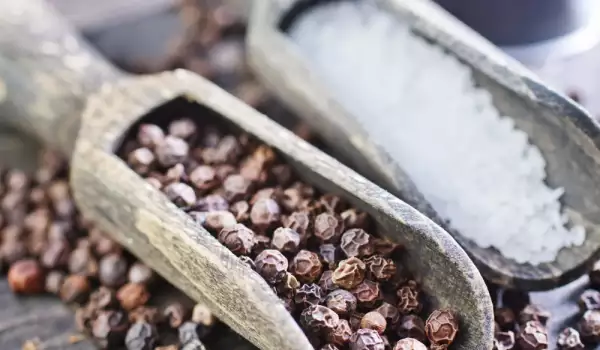
Harms from black pepper
As it turned out, black pepper is a very useful and pleasant spice, but nevertheless it can cause some trouble. Its consumption is contraindicated in people who suffer from problems with the liver and urinary tract. Black pepper is particularly dangerous for people with ulcers and gastritis because it can irritate the mucous membrane, which in turn can provoke bleeding. In case of upset and stomach pain, it is also good to bet on food without spices and especially without black pepper.
Weight loss with black pepper
Studies show that if you want to lose weight, you should consume more black pepper. It is very effective in burning fat, a property due to its spicy ingredient piperine. Piperine destroys fat cells and prevents the formation of new ones. Some researchers believe that piperine has a direct effect on certain genes, preventing the creation of new fat cells. In this way, over time, excess fat deposits begin to disappear.
The food we eat should not only be healthy, but also tasty. According to a number of studies, the compound piperine in black pepper helps the body retain greater amounts of the important neurotransmitter serotonin. So not only dieters, but everyone else as well, should regularly season their food with black pepper to enjoy all its invaluable properties.
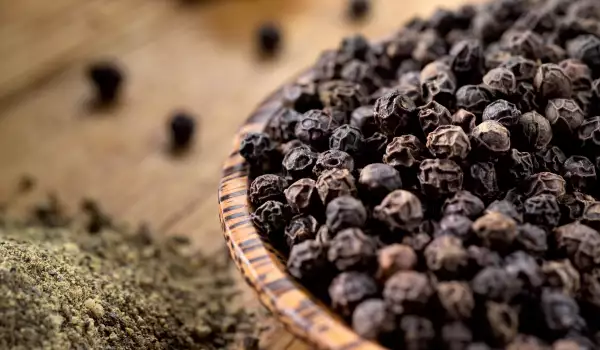
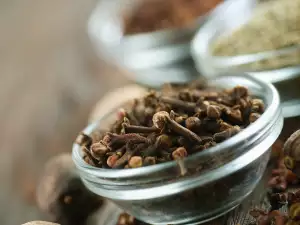
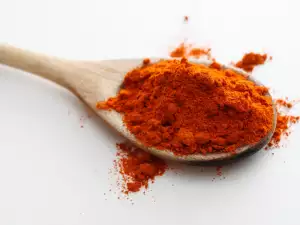
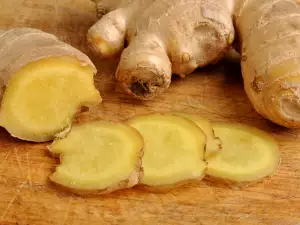
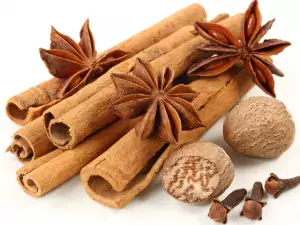
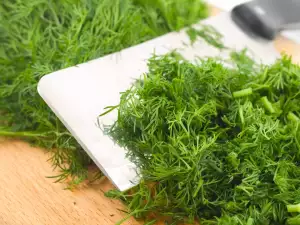

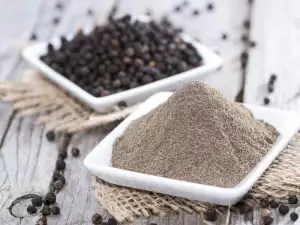
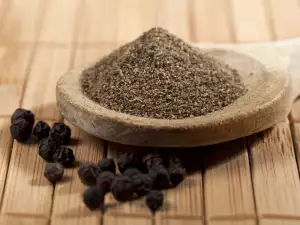
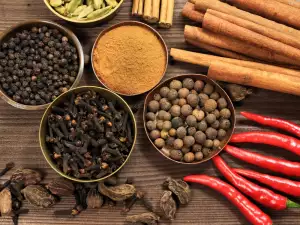

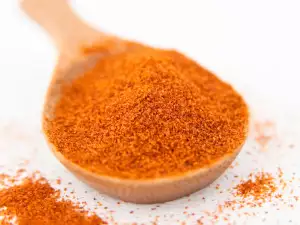
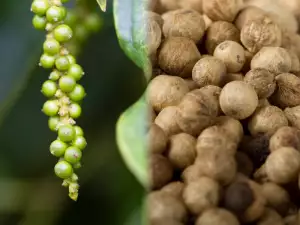

Comments